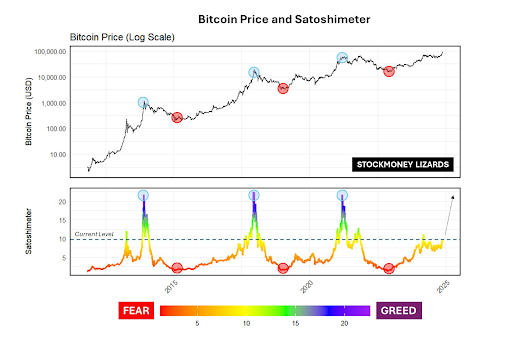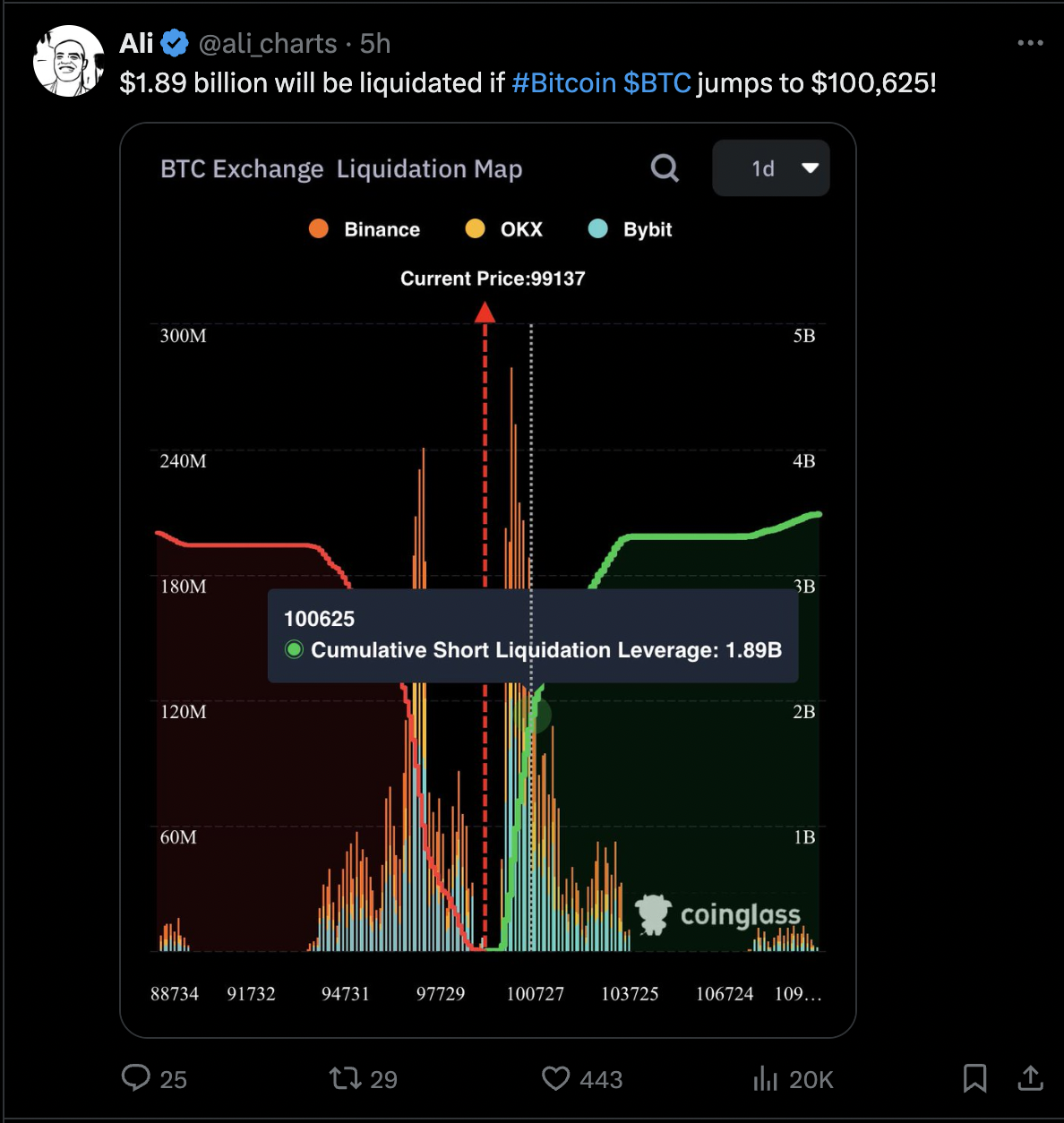It's a very common misunderstanding of Ethereum's PoS system that stakers can "control" the blockchain. They cannot. The only thing that stakers can control is whether to include transactions in their own block (they cannot control what transactions other stakers include in theirs) and, if enough of them collude, they can prevent the blockchain from finalizing... for a little while. Then the inactivity leak kicks in and slashes their stake, costing them billions and enabling the remaining validators to resume validating.
The rules governing the Ethereum blockchain are enforced by all of the Ethereum nodes running on the network, whether they're validators or not. A validator that "goes rogue" and tries signing invalid blocks will be ignored by the Ethereum ecosystem and have their stake slashed.
So, Lido becoming "dominant" is not really a threat to Ethereum. What it is a threat to is Lido. As a mechanism to discourage collusion, slashing penalties are higher when a larger percentage of validators are being slashed at the same time. So if something goes wrong with Lido - whether a bug or a deliberate attack - then the stakers operating through Lido risk losing an enormous amount of money. They'd be taking less risk by distributing their stake to other smaller staking pools.

You can get bonuses upto $100 FREE BONUS when you:
💰 Install these recommended apps:
💲 SocialGood - 100% Crypto Back on Everyday Shopping
💲 xPortal - The DeFi For The Next Billion
💲 CryptoTab Browser - Lightweight, fast, and ready to mine!
💰 Register on these recommended exchanges:
🟡 Binance🟡 Bitfinex🟡 Bitmart🟡 Bittrex🟡 Bitget
🟡 CoinEx🟡 Crypto.com🟡 Gate.io🟡 Huobi🟡 Kucoin.




















Comments